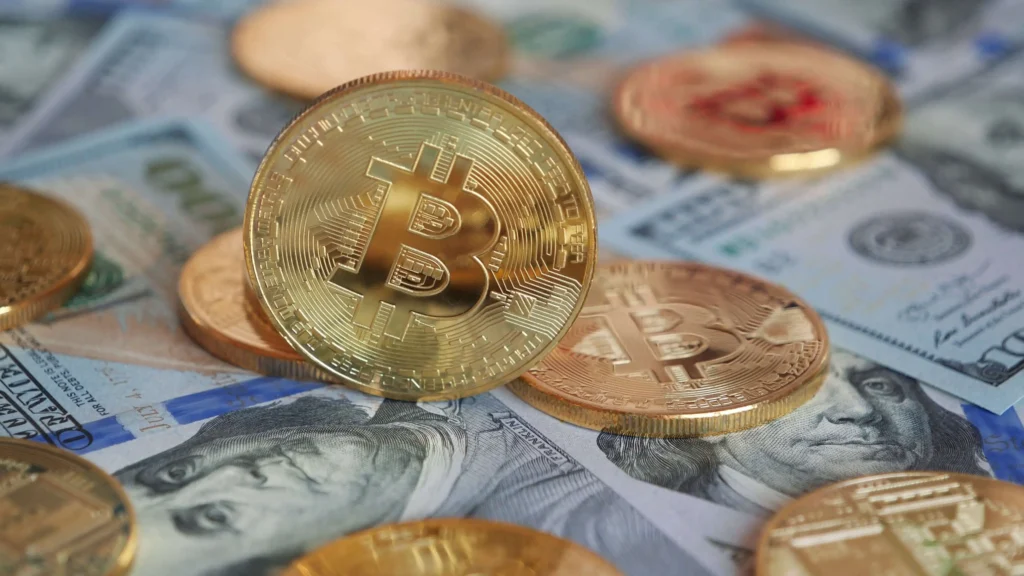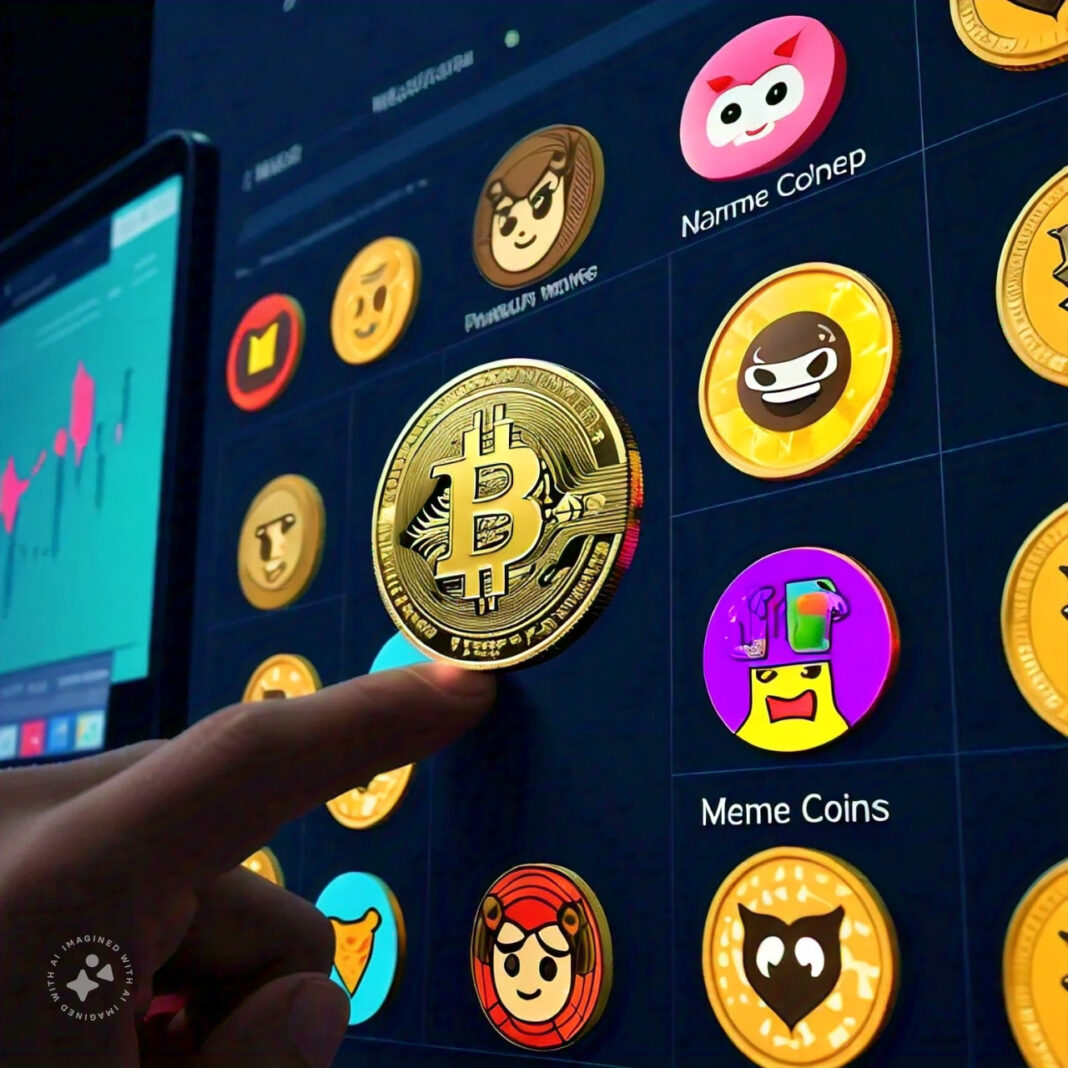Nigeria has emerged as a global leader in cryptocurrency adoption, with a significant portion of its population engaging in digital asset transactions. This surge is driven by factors such as economic instability, currency devaluation, and a youthful, tech-savvy demographic. However, governmental restrictions have posed challenges to traditional cryptocurrency exchanges.
In response, Nigerians have increasingly turned to peer-to-peer (P2P) trading platforms like Binance to facilitate their cryptocurrency activities. This article explores the dynamics of P2P cryptocurrency trading in Nigeria, examining its role as a vital alternative amid regulatory constraints.
Background: Cryptocurrency and Government Policies in Nigeria
The Rise of Cryptocurrency in Nigeria
Nigeria stands as a shining example of cryptocurrency adoption globally. A 2022 report by Chainalysis ranked Nigeria among the top countries in crypto adoption, with a significant percentage of the population actively trading digital currencies. Factors such as economic instability, inflation, and the declining value of the Naira have driven many Nigerians to seek refuge in cryptocurrencies as a hedge against the volatility of traditional fiat currencies.
But why the fascination? Nigeria’s youthful, tech-savvy population plays a significant role. Over 60% of the population is under 25, and this digitally inclined demographic is leveraging crypto as a gateway to global economic participation. Platforms like Binance and Paxful have made it easy for users to buy and sell digital assets, democratizing financial access in ways the traditional banking system has struggled to achieve.
Government Restrictions
This rosy picture isn’t without its thorns. In February 2021, the Central Bank of Nigeria (CBN) issued a directive banning banks and financial institutions from processing transactions related to cryptocurrencies. The rationale? Concerns about money laundering, terrorism financing, and capital flight. However, critics argue that the move was more about control than consumer protection, as it effectively cut off many Nigerians from accessing traditional crypto exchanges.
The ban did not deter Nigerians; instead, it spurred ingenuity. Peer-to-peer (P2P) platforms emerged as a lifeline, allowing users to trade crypto directly with one another without relying on banks. It’s almost poetic—innovation finding its way around regulatory roadblocks. As one trader put it, “The more they block, the more we find alternatives. Crypto is freedom.”
Regulators might have underestimated the resilience and resourcefulness of Nigerians. If anything, the ban amplified crypto’s appeal, turning it into a symbol of resistance against an often-criticized financial system. It’s like trying to stop a dam from breaking with a broom—it was never going to work.
Factual and Verifiable Insights
- Chainalysis 2022 Data: Nigeria is consistently ranked among the top 10 countries in crypto adoption.
- CBN 2021 Directive: The policy explicitly prohibited financial institutions from facilitating crypto transactions.
- P2P Growth: Paxful reported over $760 million in Bitcoin trading volume from Nigeria in 2022 alone, reflecting the shift to P2P platforms.
Closing Thought for This Section
Nigeria’s relationship with cryptocurrency highlights a broader truth: innovation thrives under pressure. The government’s restrictive policies inadvertently catalyzed a decentralized revolution, with P2P trading becoming the new normal. This dynamic sets the stage for exploring how platforms like Binance empower Nigerians to navigate this complex ecosystem.

What is P2P Cryptocurrency Trading?
Definition and Explanation
Peer-to-peer (P2P) cryptocurrency trading refers to the direct exchange of digital assets between individuals without the involvement of centralized third-party platforms. In this model, buyers and sellers interact directly through a platform that facilitates the transaction, often providing escrow services to ensure security.
Think of P2P trading like a digital marketplace. One individual wants to sell Bitcoin, and another wants to buy it. A platform like Binance acts as the “virtual town square,” connecting the two and ensuring the deal goes smoothly. The beauty of P2P lies in its simplicity and flexibility—it’s person-to-person, with minimal external interference.
How It Differs from Centralized Exchanges
Centralized exchanges (CEXs) like Coinbase or Kraken rely on institutions to facilitate transactions, manage users’ funds, and maintain market liquidity. While this can provide convenience and a sense of security, it also introduces vulnerabilities, particularly in regions like Nigeria where governments may impose restrictions on these platforms.
Key differences include:
- Ownership of Funds: In P2P trading, users maintain full control of their assets until the transaction is finalized, whereas in CEXs, funds are typically stored in platform-controlled wallets.
- Transaction Speed: P2P trades are often faster since they depend on the agreement between two individuals, not on a centralized matching engine.
- Regulatory Evasion: Unlike CEXs, which can be shut down or restricted by governments, P2P platforms are decentralized and more difficult to regulate or ban.
Why P2P Trading is Thriving in Nigeria
The government’s 2021 directive banning crypto-related bank transactions inadvertently boosted the popularity of P2P trading. Platforms like Binance P2P and Paxful filled the void, offering Nigerians an alternative way to continue their crypto activities.
- Local Payment Methods: P2P platforms often support local bank transfers, mobile wallets, and even gift cards, making them accessible to a wider audience.
- No Banking Dependency: Since trades occur directly between individuals, there’s no reliance on traditional financial institutions.
- Cultural Fit: Nigerians are natural entrepreneurs, and the flexibility of P2P trading aligns with the country’s vibrant, informal economy.
P2P trading is like the Uber of cryptocurrency—it bypasses the traditional gatekeepers and puts control back in the hands of the users. For Nigerians, it’s not just a method of trading crypto; it’s a form of financial freedom in a system that often feels constraining. As one P2P trader cheekily noted, “When one door closes, we just code another one.”
Factual and Verifiable Insights
- P2P Platform Growth: Binance P2P reported over 300% growth in user transactions from Africa between 2021 and 2022, with Nigeria leading the pack.
- Accessibility: Paxful’s 2022 report shows Nigeria as one of its largest markets globally, with trading volumes in the hundreds of millions annually.
- Popularity of Payment Methods: Local bank transfers remain the most used payment method on P2P platforms in Nigeria, followed by mobile wallets.
P2P trading has become a vital financial lifeline for Nigerians, enabling them to navigate restrictions and maintain access to the global cryptocurrency ecosystem. It’s a testament to the power of decentralization and the human spirit’s ability to adapt and innovate in the face of adversity. In the next section, we’ll delve into how Nigerians are using P2P platforms and the practicalities of their operation.





